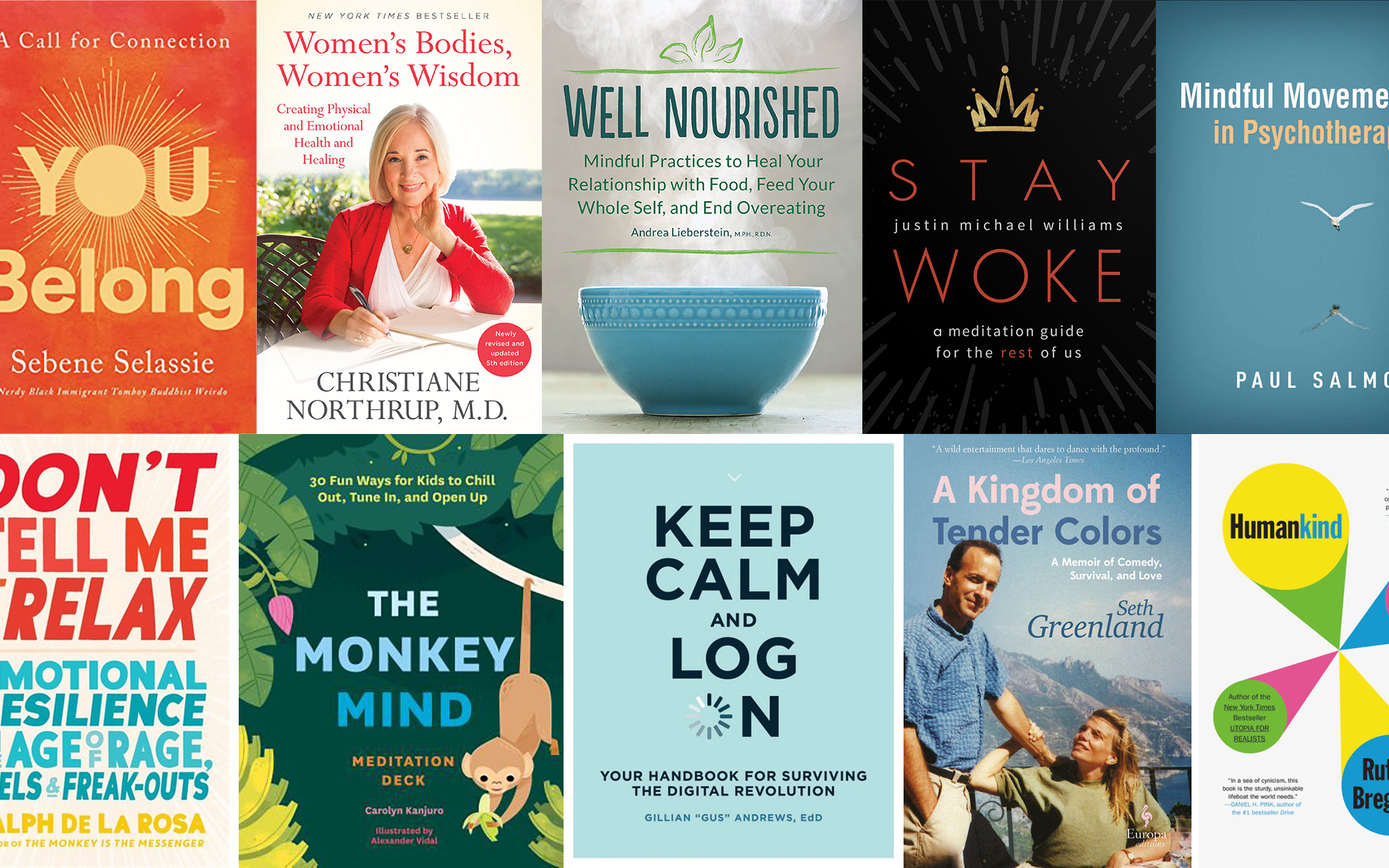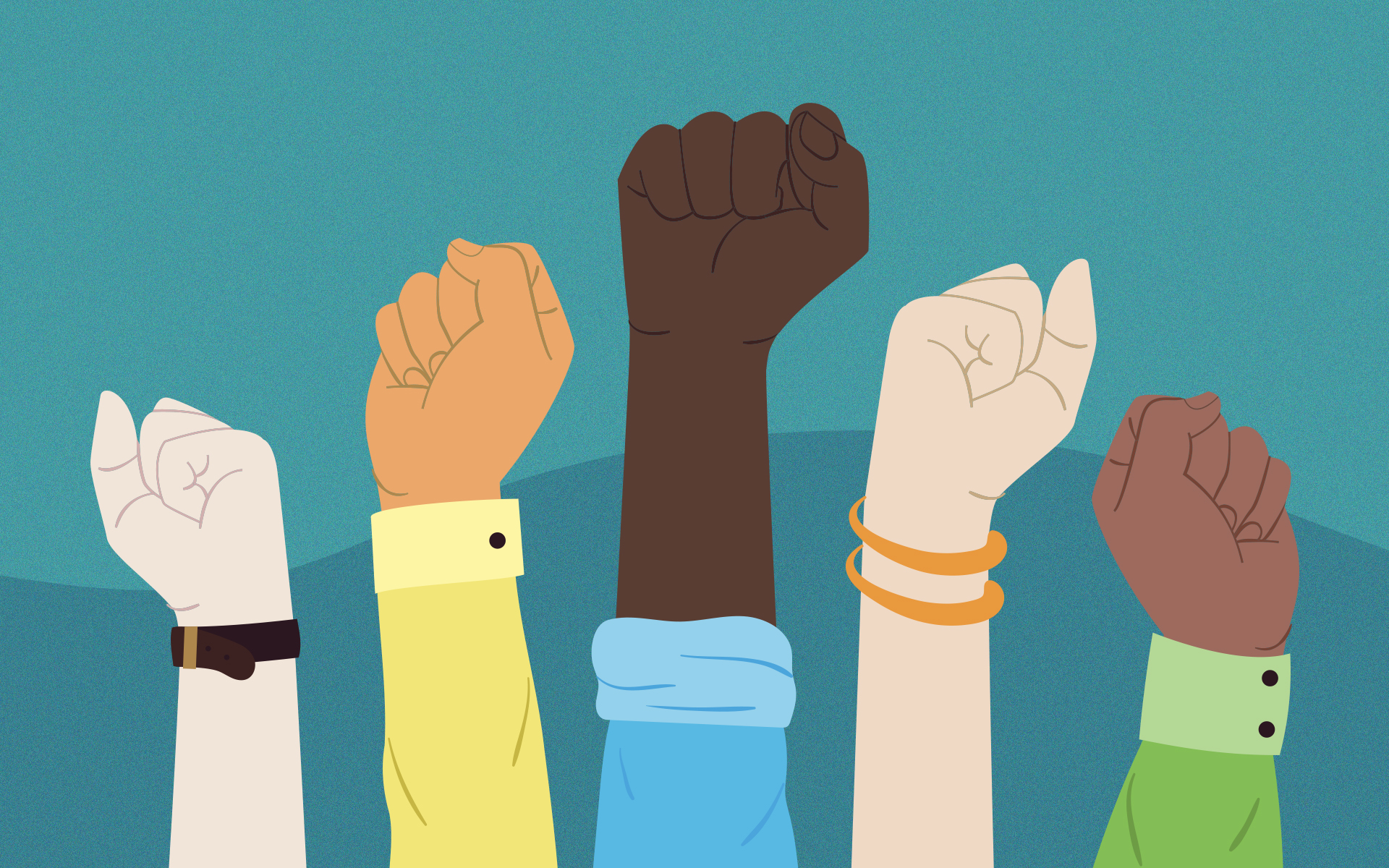1) An Anatomy of Pain
How the Body and the Mind Experience and Endure Physical Suffering
Anyone whose doctor ever asked them to describe pain on a scale from 1 to 10 knows just how hazy our understanding of pain is. There is perhaps nothing more private, or more lonesome, than your own pain. Even though pain is the main event that causes us to seek medical attention, if a doctor can’t find the source of the pain, and treat it, they’re very unlikely to have much sophisticated help to offer you for managing the pain.
Dr. Lalkhen, who has been helping patients with pain for over two decades, and who is on the Faculty of Pain Medicine at UK Royal College of Anesthetists, hopes to advance all of our understanding—medical professionals and laypeople alike—of the subtleties of pain. And in so doing he asks that we get past some fundamental and harmful misconceptions: “Simply put, we need to stop viewing our bodies as machines that medicine can fix when they go wrong. If people are educated about their body and about pain, perhaps we might put an end to the undulating fashions of medical meddling—meddling that, in some cases, has far-reaching consequences appreciated only decades later.” The opioid epidemic is a prime example of one of these consequences.
His mission, he says, is to “explain pain in all its forms” so that with “renewed knowledge and understanding, we can become active participants in the art of caring, understanding, and coping with an experience that can become all-consuming.” He fulfills his mission well, beginning with the anatomical mechanics of pain and a history of human relationships with pain, concluding with helpful prescriptions—including mindfulness—for changing our relationship to the way we suffer. – BB
2) Love Without Reason
The Lost Art of Giving a F*ck
This easy-to-read book is a friendly, motivating companion for those who want to make a difference in the world, but find themselves intimidated by big calls for even bigger solutions. LaRayia Gaston says it isn’t our personal responsibility to fix the world, but rather to try to have a positive impact on those around us. She offers stories and lessons on mindfulness, scarcity, and humanity from working with people experiencing homelessness on Skid Row in LA.
She reminds us why we should allow ourselves to care, and offers pathways to caring without being overwhelmed by the world’s problems. This message is interspersed with research on humanitarian issues and thoughtful quotes from authors, poets, and volunteers. Simple “heartwork” exercises suggest opportunities to take the content off the page and into your own life. -AWC
3) The Invisible Corset
Break Free from Beauty Culture and Embrace Your Radiant Self
It’s easy to mistake The Invisible Corset for yet another self-help book, but you don’t need to dive too deep to realize it’s not. Opinions long perpetuated by culture—for example, the notion that “Beauty is pain”—have been taken as law and rooted as core aspects of how we view our bodies.
Although Geertsen is directly talking to women, her book has a lesson for everyone. Society enforces a lot of expectations, many of which are unattainable or unsustainable, and that, if internalized, are warped into self-hate. This book is for those ready to go beyond the idea of body love (in its more shallow versions) into self-love: from loving your body as it is, to loving your life as it is. – OL
4) Mindfulness for Adult ADHD
This manual for clinicians presents a wonderfully thorough, informative, and compassionate guide to the science and practice of applying mindfulness to treating ADHD in adults, from two authoritative voices. Lidia Zylowska, an associate professor in the Department of Psychiatry and Behavioral Sciences at the University of Minnesota, also wrote The Mindfulness Prescription for Adult ADHD (2012), which speaks directly to those diagnosed with ADHD. John T. Mitchell, an assistant professor in the Department of Psychiatry and Behavioral Sciences at Duke University and a faculty member in Duke’s ADHD Program, conducted the first controlled study of the mindfulness-based intervention (MBI) detailed in this book: MAPs (Mindful Awareness Practices) for ADHD, a program Zylowska pioneered.
Treating a so-called disorder of attention using the largely attentional tools of mindfulness might sound like a nonstarter. In fact, as the authors note, adult ADHD is a disorder of executive functioning and self-regulation: two areas addressed by both Mindfulness-Based Stress Reduction and MAPs, one of MBSR’s therapeutic descendants. In reviewing the research, the authors summarize that MBIs, “particularly MAPs, have demonstrated improvements in core symptoms of [ADHD] as well as characteristic features of the disorder, such as executive functioning and emotion dysregulation.”
The first section offers an overview and conceptual foundation, and a research review, of MAPs for ADHD—thoughtfully addressing such questions as “Is mindfulness training secular?” “Is MAPs a group or individual therapy?” and “Can MAPs exercises be adapted for individuals with physical or sensory difficulties?” Next, the authors explore a session-by-session treatment manual, including scripts for mindfulness exercises. They explain the program’s structure, while emphasizing the need to creatively adapt that structure based on each patient’s needs. Finally, in part 3, they place MBIs in the context of typical treatments for adult ADHD, and advise on next steps to consider with patients who have worked through the initial 8-week MAPs training. – AT
5) Aimlessness
Many a high school student has written what they were told was an essay or answered an “essay” question, but those versions lack the essential ingredient of a genuine essay, the kind invented by Michel de Montaigne in the 16th century, which wandered aimlessly. Straying like a lost dog. Appropriately, Tom Lutz—Chair of the Department of Creative Writing at University of California, Riverside and founder and editor-in-chief of the LA Review of Books—begins this celebration of drifting and wandering by discussing the essay, after which he stumbles into poetry, beginning with renowned Japanese poet Bashō, who encouraged readers to “listen recklessly.” Lutz doesn’t limit his beautifully haphazard musings to writing. He touches on workaholism, the nomadic life, restlessness, travel, and drugs, among many other topics, like a box marked “miscellaneous.”
To be without aim is not a lack in Lutz’s book. It is fulfilling. So as his lovely little book closes he seems to suggest that our endless striving to make and to do is most unnatural, for “There is nothing more natural than aimlessness, nothing more aimless than nature.” – BB
6) Unwinding Anxiety
“I had a lightbulb moment when I realized that one of the reasons so many people fail to see that they have anxiety is the way it hides in bad habits,” writes psychiatrist and neuroscience researcher Judson Brewer. You might expect that a book about the anxiety that permeates our lives right down to our habits—and why much of the conventional advice for dealing with it doesn’t work—is unlikely to be a rollicking good time.
Unwinding Anxiety defies that expectation. It’s richly pragmatic, down-to-earth, and (truly) fun to read, while making leading-edge neuroscience on habits and anxiety easy to grasp. Drawing from his own clinical practice, research, and personal experience, Brewer guides readers from identifying our anxiety triggers to understanding why we get trapped in fretful thought-loops. The result is an accessible guide to uncovering what you may unconsciously be doing that perpetuates your anxiety, and breaking the cycle through awareness and curiosity. – AT
Three Mindful Podcasts to Listen to Now
1) High Impact Physician
Episode: “The Science of Resilience (Dr. Jonathan Fisher)”
Cardiologist and meditation teacher Dr. Jonathan Fisher wants us to consider how we’re taking care of our hearts. He isn’t strictly referring to the physical organ, but also to our minds and our hearts—emotionally. In this insightful conversation with host Sandy Scott, Fisher talks about stress and resilience through the lens of cardiology and how promoting emotional well-being in health care can help patients and providers alike. “[Self-care] coincides with the evolution of healthcare,” Fisher says. Where healthcare advice was once prescriptive, we’re now moving toward “shared responsibility for caring for ourselves.” – KR
2) Life Kit
Episode: “Poet Maggie Smith On ‘Trying On’ Hope”
Maggie Smith wrote Keep Moving: Notes on Loss, Creativity, and Change at a time in her life when everything felt unsure. By mere happenstance, the book was released during a global pandemic when the world began collectively grappling with the same feelings. Prompted by perceptive questions from host Kat Chow, Smith explains the “notes to self” found in her book, in the context of holding on to hope with “self-pep talks” and daily practices like making time to do something “that makes you feel like you.” Smith says this felt like “trying on hope every day, even though it didn’t fit well, like it was scratchy and oversized.” But after a while, she says, she was able to connect with a “kinder story” about herself. – KR
3) Vox Conversations
Episode: “We don’t just feel emotions. We make them.”
Neuroscientist, psychologist, and author Lisa Feldman Barrett talks to Vox Conversations host Ezra Klein in this densely scientific, but enlightening episode about emotions and how they don’t actually work the way we think they do. Feldman Barrett explains current research that shows emotions aren’t inherent in our biology, but are constructed throughout our lives (the principle at the heart of Barrett’s 2017 book How Emotions are Made: The Secret Life of the Brain). This highly individualized view of emotions means we’re past due for a major rethink of our systems, our behaviors, and even the way we understand reality. -AWC
read more
The Best Mindfulness Books of 2020
The Mindful editors look back on their favourite books from this year, covering diverse topics such as mindful eating, the truth of belonging, and emotional resilience.
Read More
4 Books We’re Reading to Replenish Our Energy
From exploring emotional resilience to dabbling in mindful eating, here are four books (and three podcasts) to nourish your body and mind.
Read More
10 Mindful Books to Inspire You This Year
What’s on your reading list for 2021? To get you started, here are 10 books (and three podcasts) that help us reflect, celebrate, practice, and find balance.
Read More
















